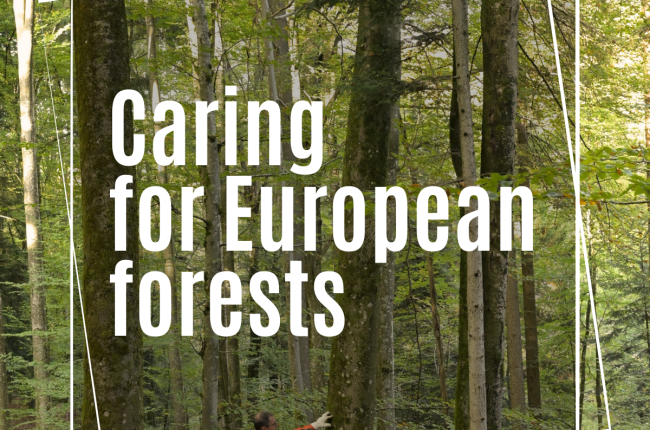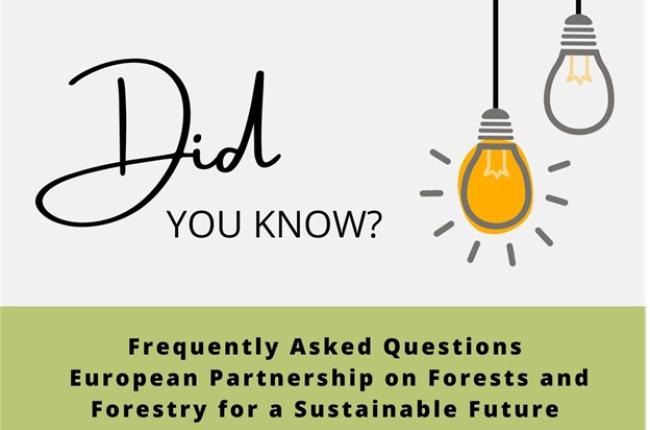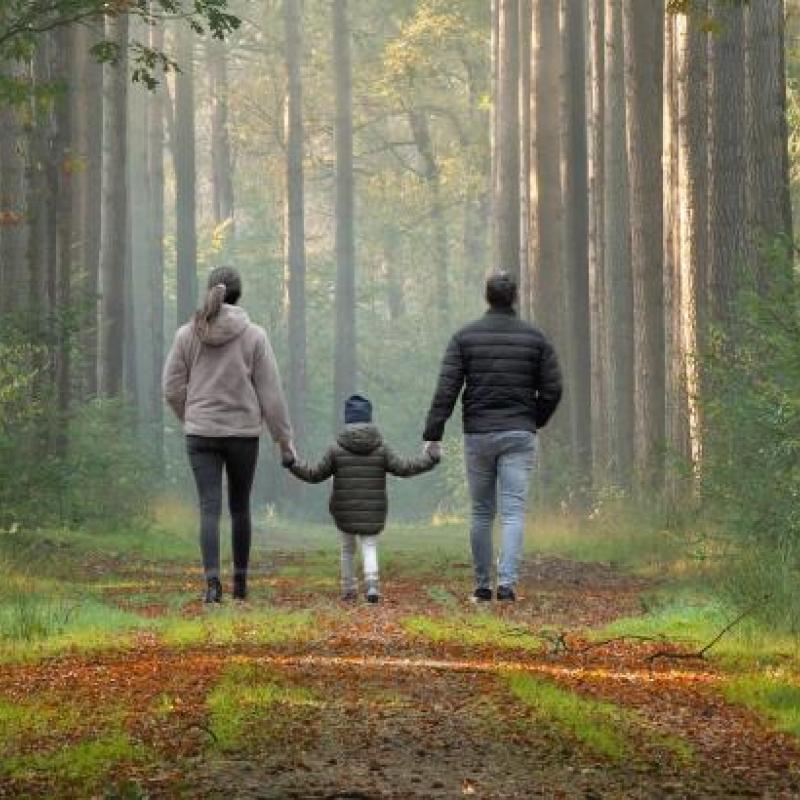How the Bioeconomy contributes to the European Green Deal
Ahead of the EU Bioeconomy Conference, EUBA (European Bioeconomy Alliance) published a new policy paper on how the Bioeconomy contributes to the European Green Deal.
Delivering on the European Green Deal’s objectives and ensuring food security requires a strong bioeconomy. The transition to a more sustainable, resilient, and competitive economy requires actions across many sectors. This policy paper provides insights on the bioeconomy’s potential to contribute to the European Green Deal transition encompassing sectors involving the use of renewable resources from agriculture, forests, and seas, including residues and waste, to produce food, feed, materials and energy.
Best-practice case studies: EUBA members contributions to the EU Bioeconomy Strategy and Green Agenda
This brochure aims to highlight on the ground projects and examples across the bioeconomy value chain. The projects are a collection of contributions from European Bioeconomy Alliance (EUBA) members showing in concrete ways how these sectors already contribute to the goals of various EU Strategies and its Green Agenda.
These projects outline technologies and solutions to use or reuse biobased materials and create alternatives to fossil-based ones, or to reduce and/or capture their CO2 emissions, supporting the transition away from a fossil fuel-based economy.
They are just the tip of the iceberg of the break-through potential that the bioeconomy holds in helping achieve EU sustainability goals.




